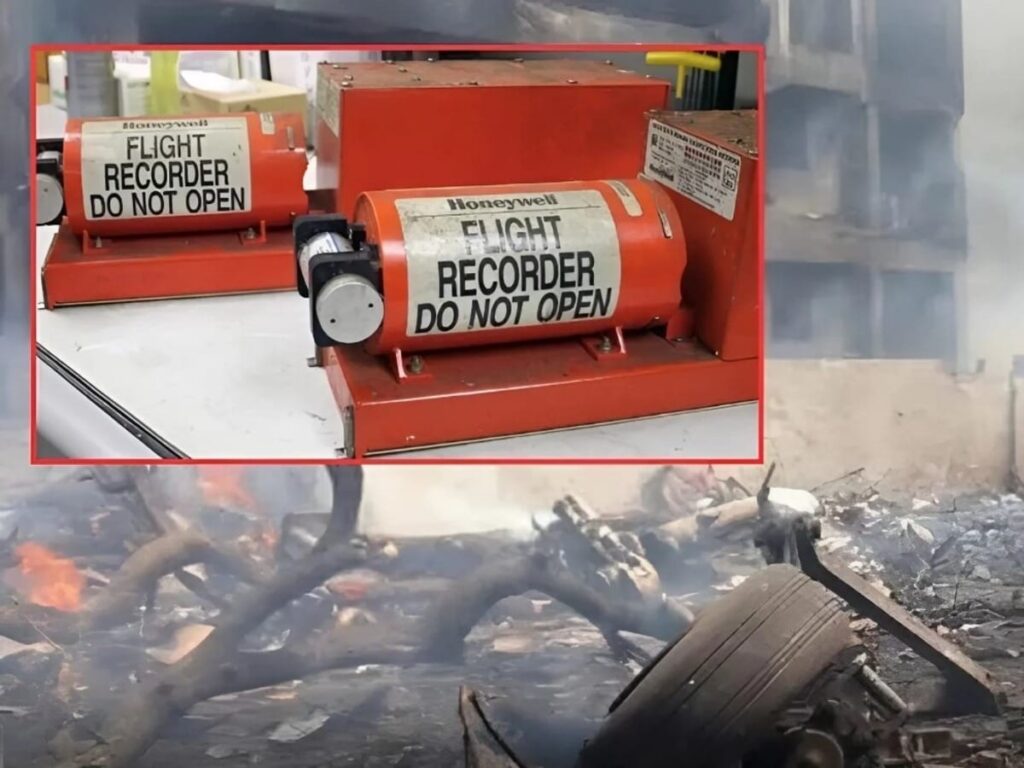The black box, officially known as the Flight Data Recorder (FDR) and Cockpit Voice Recorder (CVR), serves as a critical tool not only for investigating aircraft accidents but also for enhancing safety standards across the global aviation industry. As we delve deeper into the significance of black boxes, we explore their functionality, the impact of their data on flight safety, and how they may help uncover the mysteries behind recent aviation incidents, such as the Ahmedabad plane crash.
What is a Black Box?
A black box is a vital device installed in an aircraft designed to withstand severe conditions. It records flight data, including flight paths, speed, altitude, and cockpit conversations, ensuring that crucial information is preserved even in catastrophic events.
Components of a Black Box
| Component | Function |
|---|---|
| Flight Data Recorder (FDR) | Records flight parameters like speed, altitude, and heading. |
| Cockpit Voice Recorder (CVR) | Captures audio from the cockpit, including conversations and sounds. |
| Crash Survivability | Designed to withstand impact, fire, and extreme pressure conditions. |
Significance of Black Box Data in Safety Enhancements
The data retrieved from black boxes plays a pivotal role in improving aviation safety. Investigators analyze the recorded data to understand pre-crash conditions, pilot decisions, and mechanical functioning. This analysis leads to recommendations for safety improvements, new regulations, and updated training protocols.
Case Studies of Black Box Impact
- Air France Flight 447 (2009): Black box data revealed critical pilot errors and system malfunctions, leading to changes in pilot training regarding erratic autopilot behavior.
- Malaysia Airlines Flight MH370 (2014): Although the black box was never recovered, the absence of data highlighted the need for better tracking technologies.
- Ahmedabad Plane Crash Investigation: The regeneration of data from the black box of this recent incident could provide insights into the causes and help prevent future occurrences.
Future of Black Boxes in Aviation
As technology advances, the future of black boxes holds promise for further enhancing aviation safety. Innovations such as real-time data streaming and improved tracking systems are being explored. These developments aim to facilitate quicker investigations and improve the overall safety of air travel.
Conclusion
Black boxes are undeniably essential for both accident investigations and the establishment of improved safety standards in aviation. As exemplified by their role in various incidents, including the Ahmedabad plane crash, the insights garnered from black box data continue to shape the future of air travel safety. Ensuring that these devices evolve alongside technological advancements will be key to maintaining high safety standards in the ever-growing aviation industry.
